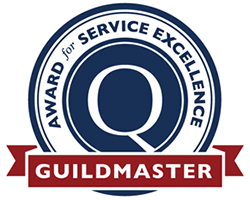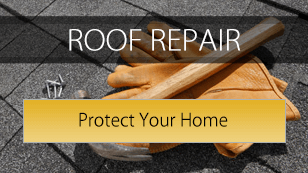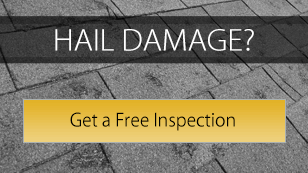Request A Quote!





Roofing and Wildfire Safety
Living in an area at-risk for wildfire gives homeowners an extra consideration for roofing and roof flashing: how safe is this roof for my home and my family? It’s an important question which could make a big difference for your roofing and decisions and maintenance.
- Assess Your Risk: Do your best to assess your fire risk. Fire safety is important for everyone, but especially if your home is at heightened risk. The Colorado Wildfire Risk Assessment Portal can give you a starting point. For more information about your specific location, contact your local fire department.
- Make sure your roofing material meets the requirements for UL Class A fire resistance. Roofing materials include shingles, underlayments, flashing, and accessories. If you’re considering a new roof, make sure the new material carries a Class A rating, such as Carriage House from CertainTeed. If you have any questions about the fire safety of your roof, contact a local roofing contractor.
- Make sure the roof flashing that covers the joints and seams of your roof is in good condition. If roof flashing begins to crack or separate, it can leave vulnerable areas on your roof. In areas of high fire danger, metal flashing can also be used to protect other vulnerable surfaces of your home, such as the tops of trim surrounding windows and doors.
- Trim back any branches from around the house and roof. Flammable materials should be kept away from the roof as much as possible.
- Regularly clean your roof and gutters. Always keep it free of leaves, sticks, branches, and any other debris.
- Also check siding and windows for fire safety. Make sure your siding carries a Class A fire ratings. Smaller window panes are more fire resistant, and tempered or double-pane glass can provide better defense against extreme heat.
- Check your Landscaping: The landscaping around your house plays a big part in fire safety. Make sure trees are trimmed back from your house, keep the lawn mowed, and avoid highly flammable plants that burn easily. For a more complete list, read up on how to keep your “home ignition zone” safe with this article from Firewise.
Check out our sources below for more information, and if you have any questions about your roofing materials, give Roofing Contractor Omaha a call at (402) 281-9939 or contact us online.


